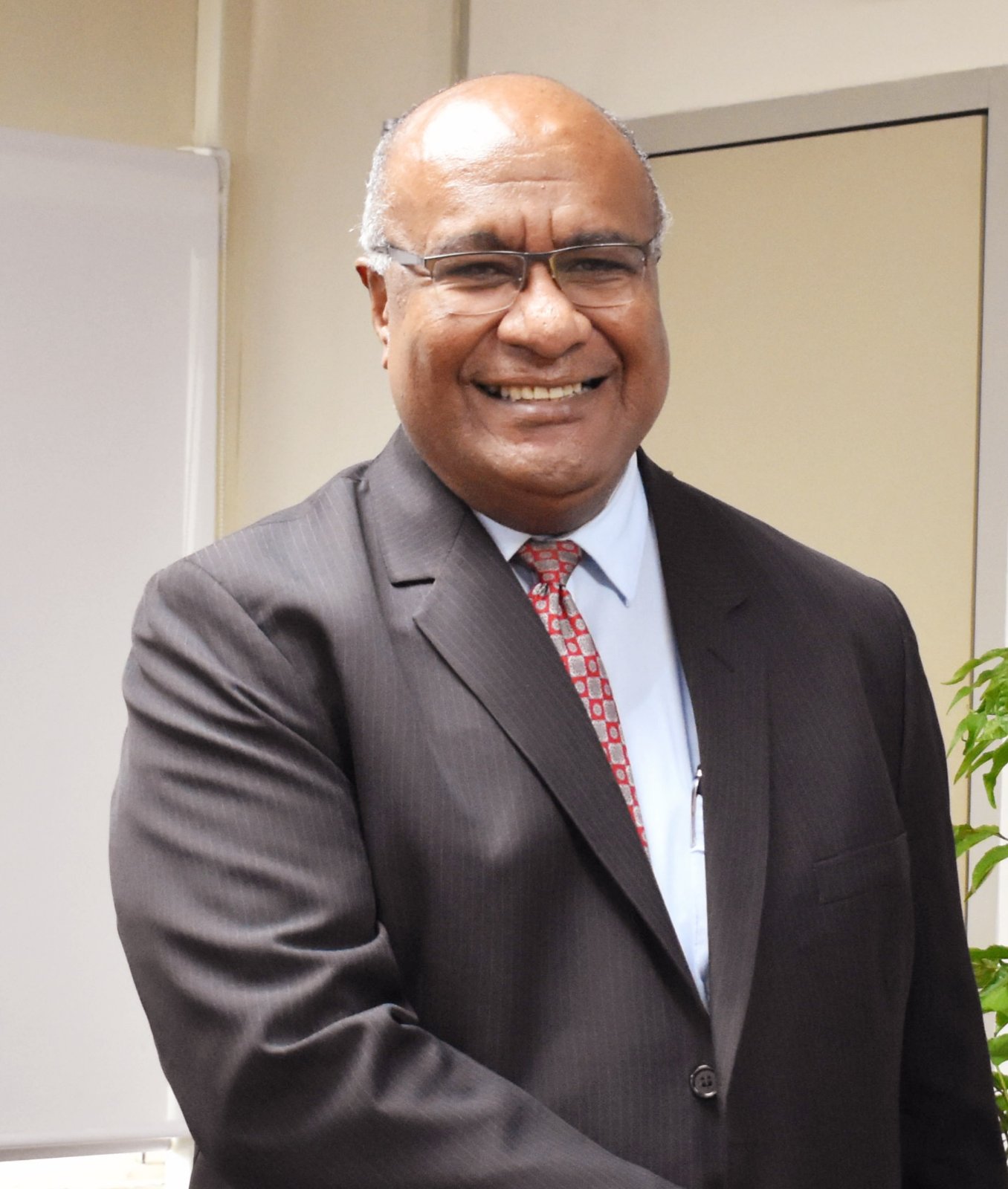Honourable Ministers,
Excellencies and Senior PACP Trade Officials,
Secretary General,
Heads of CROP agencies,
Ladies and Gentlemen,
Bula Vinaka and a very good morning to you all. I am pleased to see you all joining virtually for the Pacific ACP Trade Ministers Meeting today.
Excellencies and Honourable Ministers,
Our overriding priority over the past one year has been to weather the COVID-19 crisis. However, we cannot hunker down forever. We must keep our eyes focused on the future and press on with recovery and transformation to emerge stronger.
Fortunately, we do not have to start from scratch.
Our Region has embarked on numerous initiatives and programmes to accelerate transformation across multiple facets of our economic sectors. From fighting for the rights of our artisanal fishers for food security and livelihoods in the future Fisheries Subsidies Agreement — to reinvigorating existing and forging new partnerships — to improving the competitiveness of our Region, through trade facilitation and sustainable development techniques.
What we need to do now, is to make sure that these strategies are still relevant in light of COVID-19. So that we are able to unlock new opportunities that have arisen globally over the last 12 months or so. Regional cooperation seems to be the most powerful tool we have in fighting the multidimensional impacts of COVID-19 and other ongoing challenges, such as Climate Change.
Excellencies and Honourable Ministers,
Amidst significant uncertainty, there are four things that we can do as a Region:
1. boost confidence in trade and global markets by realigning and implementing trade-related policy actions;
2. keep supply chains flowing, especially for essentials such as health and food supplies;
3. avoid implementing unnecessary export restrictions and other trade barriers; and
4. even in the midst of the crisis, think beyond the immediate.
Excellencies and Honourable Ministers,
The COVID-19 pandemic has had heterogenous trade effects across industries and has exposed the vulnerabilities of our region, especially the low levels of intra-regional trade and the proliferation of non-tariff barriers.
Most importantly, the pandemic has highlighted the limitations of existing trade agreements and the multilateral trade rules, in providing guidance on how to respond to emergency or crisis situations in a least trade-restrictive manner.
The trade challenges facing our region precede COVID-19 and relate not only to our small size and remote geography but also to the high trade costs and vulnerability to Climate Change and recurrent natural disasters. These challenges will now have to be tackled in tandem through devising post COVID-19 recovery and resilience strategies.
Excellencies and Honourable Ministers,
The pandemic serves as an important lesson, that our recovery must be green, resilient, inclusive, and sustainable. The adoption of technology is no longer an option, but an imperative.
Amid slowing economic activity, COVID-19 has led to a surge in e-commerce and accelerated digital transformation globally. As lockdowns became the new normal, businesses and consumers increasingly “went digital”. Buying and selling goods and services online.
In Fiji’s case, I am heartened to see that many companies have heeded the call to evolve their business models and overcome the disruptions caused by the pandemic. This digital transition will have lasting impacts in our lives and ensure business continuity in future despite disruptions.
Since there is an accelerated shift towards digitalisation and the adoption of new technologies, Aid for Trade should be strategically directed to micro, small and medium enterprises (MSMEs) to address business-related adjustment needs. This should include upskilling and reskilling of MSME workers and entrepreneurs to enable them to compete and thrive in the post-pandemic economy.
Excellencies and Honourable Ministers,
Tourism has undoubtedly been one of the most important economic sectors for our Region, but the pandemic has exacerbated issues already presented to us by Climate Change.
According to a recent report published by UNCTAD, due to the pandemic, loss on tourism is more than $4 trillion to the global GDP for 2020 and 2021. And this loss has rippled across other sectors closely linked to tourism.
Whilst experts state that return to pre-COVID-19 international tourist arrival levels is unlikely before 2023, we have to continue efforts towards making international travel a safe possibility.
We must build essential foundations to digitalise travel-related measures, such as testing, contact tracing and vaccination passports to promote safe travel and prepare for the recovery of tourism once conditions allow. This could promote mutual recognition of COVID-19 test results and vaccines, and help establish safe travel corridors between countries. The rapid return of our tourism industry is vital to the Region’s recovery.
Excellencies and Honourable Ministers,
We are in the middle of the most challenging period that our world has faced. We cannot afford to slow down. We must seize the opportunities that are available to us. We must remain open to the world of possibilities. As the world transforms, so must we.
The agenda set forth for us today will enable us to chart a clear pathway for our Region’s rapid recovery. With these words, I wish you all fruitful deliberations.
Thank you and Vinaka vakalevu!



